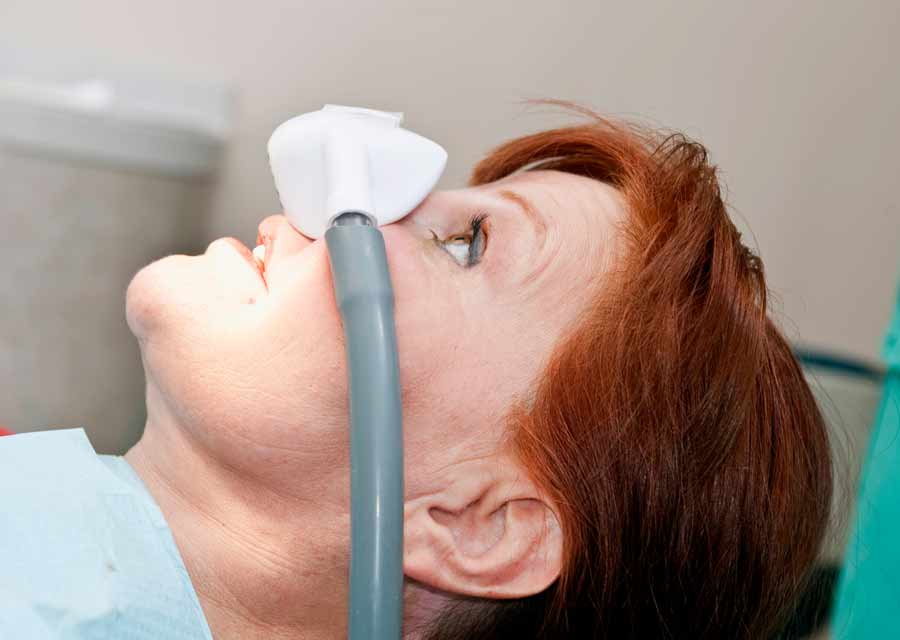Dental Anxiety
 It's not uncommon for some people to feel a little nervous when visiting the dental office, even though they know it will benefit their health. For a few, however, this anxiety takes on a more troublesome aspect. In fact, according to some surveys, between 10-20 percent of people say they avoid all dental treatment due to fear of the dentist. The consequences of this behavior can be serious, ranging from general deterioration of your oral health to toothaches, infections, even tooth loss — many of which could have been prevented.
It's not uncommon for some people to feel a little nervous when visiting the dental office, even though they know it will benefit their health. For a few, however, this anxiety takes on a more troublesome aspect. In fact, according to some surveys, between 10-20 percent of people say they avoid all dental treatment due to fear of the dentist. The consequences of this behavior can be serious, ranging from general deterioration of your oral health to toothaches, infections, even tooth loss — many of which could have been prevented.
In its most severe form, this condition is called dental phobia. It can cause people to experience symptoms of panic and terror (such as extreme nervousness, crying, and shortness of breath) — although they realize that the feeling of dread is irrational. In some cases, psychiatric treatment may be required to overcome this condition. For most people, however, there are a number of simpler ways to reduce the anxiety of a dental procedure.
Talking It Through
As a first step — even before you come in for a visit — discuss your fears with your dentist. Being able to talk about your experiences in a calm and safe environment, and having a dentist who listens to your concerns, can help you develop a sense of control — which may in turn help reduce the feeling of anxiety.
Once your dentist understands your fears (and any specific things that may trigger them), it becomes possible to develop a plan that can make you more comfortable and less apprehensive. You can begin dental treatment slowly, working through the “easier” procedures before attempting any that could cause greater anxiety. It's even possible for you to arrange a hand signal meaning “stop,” to help you feel that you're more in control of the process.
Using Anti-Anxiety Medications
In addition to an open discussion, there are a number of safe, effective medications that can help get you through even the most complicated dental procedures. Anesthetics act by blocking the sensation of pain; sedatives (sometimes called “anxiolytic” medications) are used to help you relax. Sometimes both are needed to ensure maximum comfort, especially if you are someone for whom injections themselves may be a major source of anxiety.

Sedatives can be administered in several different ways. Oral sedation (pills given by mouth) has become a popular option because it doesn't require needles. Nitrous oxide, a gas inhaled through the nose, has been used in dental procedures for over 100 years. Intravenous (IV) sedation is a potent method for delivering medications that go to work immediately and can be adjusted quickly and easily. Special equipment and training is required to administer IV sedation, and it may have increased risks.
Before recommending any type of sedation, your dentist will obtain your complete health history, including any medications you are currently taking. On the day of your treatment, it may be necessary to have someone drive you to and from your appointment. Being in a supportive environment, combined with the appropriate use of medication, often makes it possible for even the most apprehensive patients to have a dental experience that's free of fear.